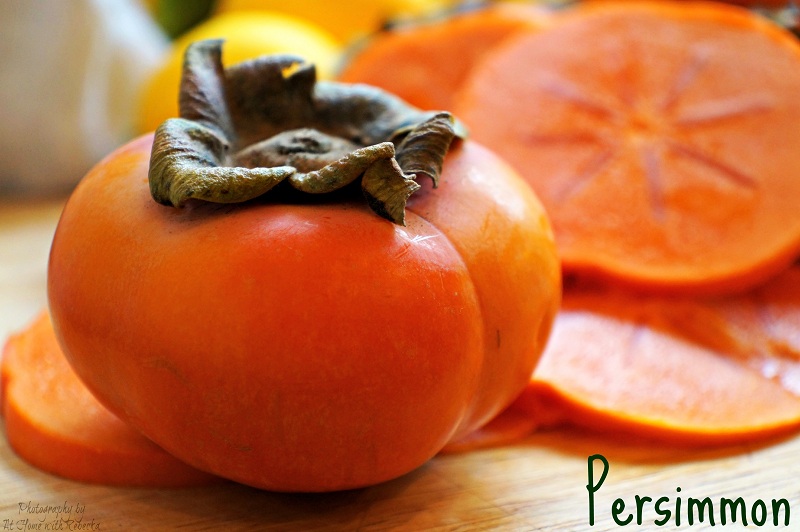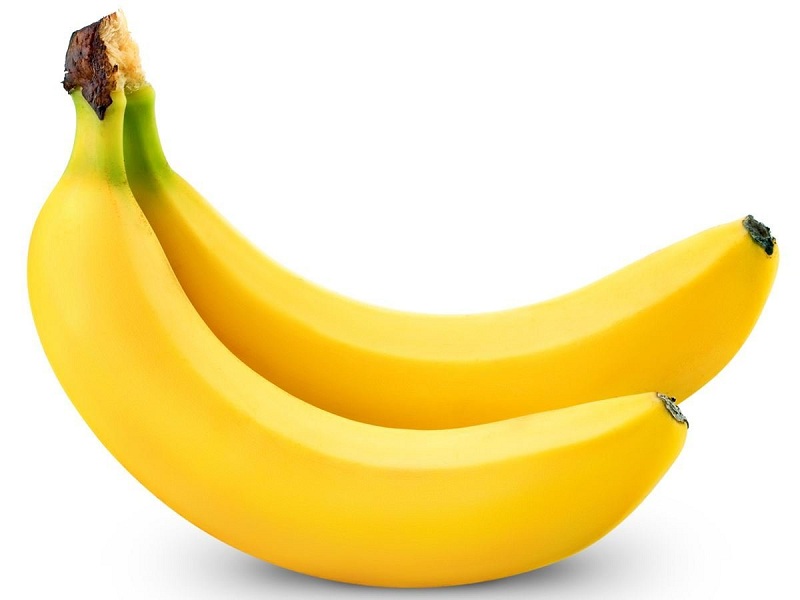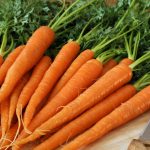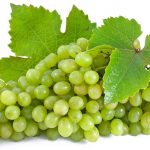
Winter is approaching, with cold and rainy days that cause the appearance of colds and flu. Eating fruits and vegetables important source of vitamins and minerals helps to prevent and combat these diseases, in addition to cooperating in the maintenance of a balanced and healthy diet. We give you 10 winter fruits and their benefits.
Among the most common nutrients in fruits are vitamin A that helps in the process of cell renewal, B that acts mainly in the nervous system and C that prevents premature aging and heart disease. Vitamin K, in as much, collaborates in the sanguineous coagulation and in the processes of cicatrization.
- Persimmon: Among its components are vitamins A, B1 and B2, potassium, fiber (which helps regulate digestion) and antioxidants, which improve vision, the body’s defenses, tissue and bone repair. An ideal portion is a unit the size of a tennis ball.
- Kiwi: This fruit is an antioxidant that helps prevent premature aging, as well as containing fiber and vitamin C. Two units are recommended.
- Quince: Its main nutrients are vitamin A and C, potassium, fiber and tannins, which have astringent (to combat colitis) and anti-inflammatory properties. The problem with the quince is that it must be cooked, and when it is cooked, some vitamins and minerals are lost. The ideal is to do it without sugar and reserve the liquid to consume it in replacement of the water. The portion must be a small unit.
- Orange: The recommended amount is one unit. This citrus contains vitamins A and C, potassium and fiber. In addition to the advantages it has to be an antioxidant, it prevents some types of cancer.
- Pear: Contains vitamin C, K, and fiber. An appropriate portion is a unit.
Image Source: Google Image - Banana: Being a fruit rich in sugar, it is advisable to consume only half of it, so when eating a whole banana are eating two of the three recommended servings a day. It is a good source of potassium.
- Grapes: They are highly caloric because of their sugar content, so the recommended portion is 10 – 15 grains depending on size. They contain vitamin A, fiber, and antioxidants.
- Apple: Rich in fiber, vitamin C, potassium, and tannins. If you eat with skin helps constipation, if you eat peeled helps episodes of diarrhea. An ideal portion is a unit the size of a tennis ball.
- Fig: Vitamin C, iron, calcium, potassium and fiber are the components of this fruit. The recommended portion is two units.
- Granada: Among the vitamins and minerals that are delivered are the B1, B2, C and niacin, which helps the functioning of the digestive system, skin, and nerves. It also contains potassium, iron, magnesium, and phosphorus.





